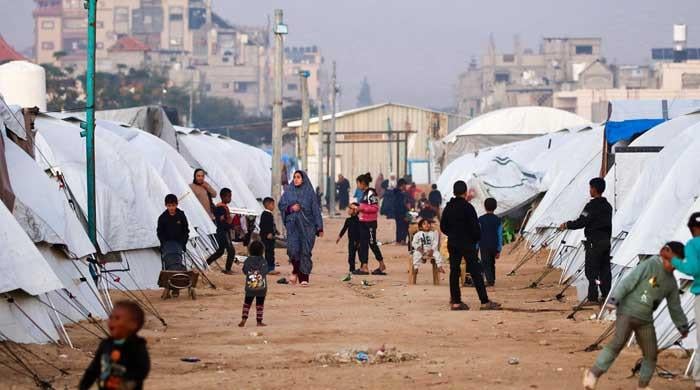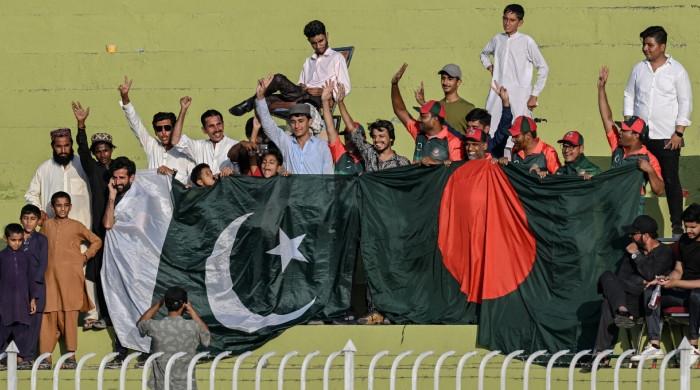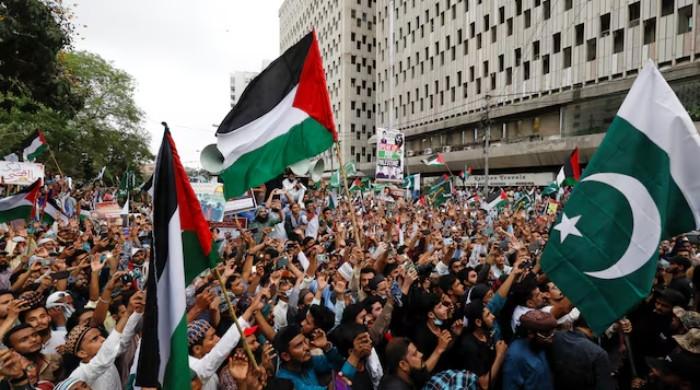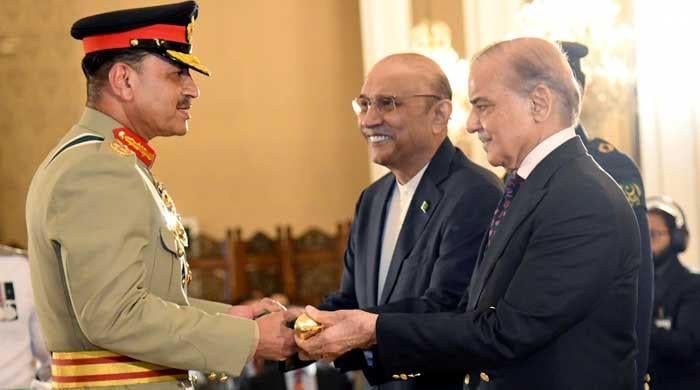Taming the wild horse
What helped the PTI tame the wild horse, Khyber Pakhtunkhwa?
July 28, 2018
The July 25 polls have concluded. The results are in. And the province often accused of infidelity has committed for the first time.
Khyber Pakhtunkhwa, Pakistan’s northwestern province, has been a wild horse. It has never, until now, allowed one political party to ride it more than once. In the past, the KP has flirted with, and then booted out the Pakistan Peoples Party (PPP), the Muttahida Majlis-e-Amal (MMA) and the Awami National Party (ANP). Most predicted the same fate for the Pakistan Tehreek-e-Insaf (PTI), especially since it did not have an extraordinary achievement to boost after five years of rule.
But most were wrong. The wild horse, it seems, has been tamed.
It is clear by now that the Pakistan Tehreek-e-Insaaf will be sitting in the driving seat of the centre, as well as steering the Khyber Pakhtunkhwa province, once again.
The party has picked up 66 contestable seats from the province, out of 99 (election on two seats have been postponed). In 2013, it won only 30 constituencies through direct elections. With 66 in hand - add to that reserved seats for women and minorities as well as some independents, who are likely to join their camp - the PTI will be in comfortable majority to pass their bills in the assembly without the support of a coalition partner.
Whether they admit it or not, Imran Khan’s party owes a lot to the northwestern province. It gave them their first taste of power and the experience to run a government. Otherwise, they would have been complete novices coming into office.
So, what helped it make history? There are several factors to consider.
One, and most importantly, the PTI has the strongest and most effective propaganda machine. Previously, when a provincial government was excoriated for corruption or bad governance they did not have a platform to voice their defence. Luckily for the PTI, it set up a social media group before the 2013 election and used it continuously in the past five years to quickly put out its own version of events, whenever it came under fire. Slowly, the mainstream media too began picking up its hashtags and online stories.
This, in my opinion, helped immensely to overshadow some of its weakness, such as the unfulfilled promises of constructing 300 water dams in KP and of job creation. Then, there were reports of corruption and nepotism which led to splits in the party. Yet, the PTI’s social media campaign kept the moral of its leadership high. In fact, the PTI was also very fortunate to have a largely muted opposition. The previous political parties to rule KP were not so lucky.
And strangely, even when, the chief minister of KP would regularly jettison lawmakers or sideline coalition partners, the PTI’s smooth sailing in the provincial assembly would not be disrupted.
But the picture isn’t all that bleak. Credit should be provided where due. The PTI’s medical insurance plan and one billion tree tsunami projects were a step in the right direction, which stalked its image. In comparison, the MMA government’s welfare agenda and talk of implementing conservative laws was not as well received. As for the ANP, they lacked a strong slogan to stay relevant.
So when the time came to vote in 2018, not only the youth but the adult population also cast a ballot for PTI’s homecoming.
But let’s not forget the electables and how they turned the table. These electables were being prepared by other political parties to unleash before the election, but they changed sides within the nick of time, switching over to the PTI in KP. These turncoats were important, as they had the funds and the required vote bank to clinch victory.
Finally, there was an impression in the KP that the government in power was not that of Imran Khan. That the shots were being called by his chief minister, Pervez Khattak. Hence, the argument was still valid that Khan should still be given a chance to govern.
And it seems KP got its wish.
For the first time, the political party in the centre will also be in power in KP. In other words, this time if PTI fails to deliver, it can blame no one but itself, because the people of Khyber Pakhtunkhwa will be watching intently.









